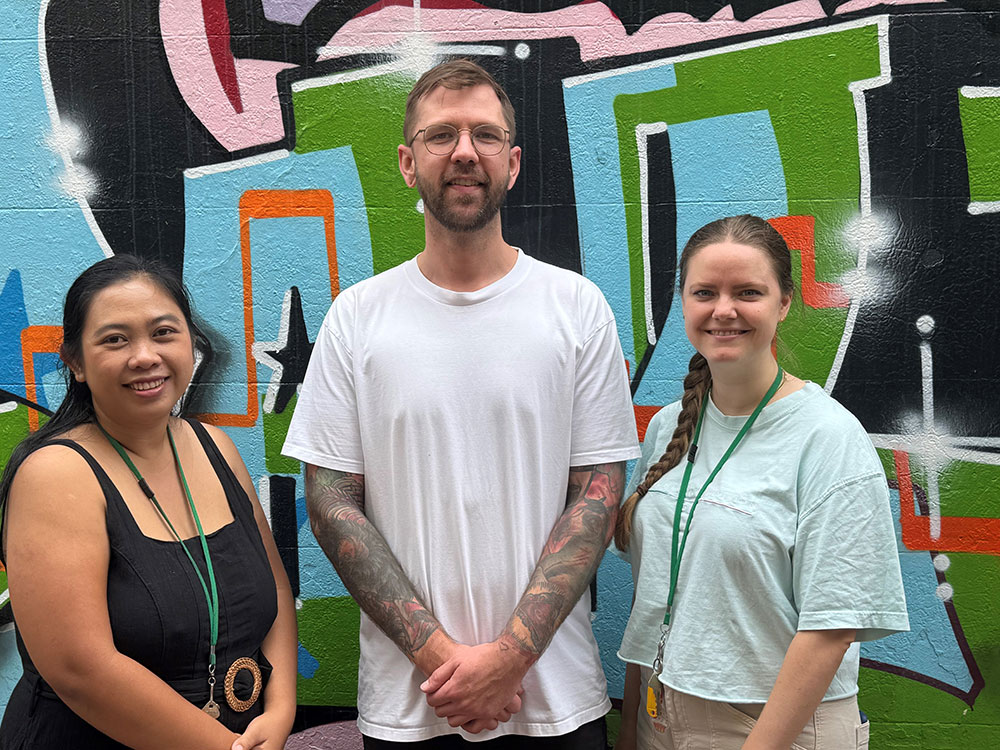Thousands of Queenslanders are being treated in public hospitals for concussion each year, with boys under 14 over-represented in the statistics, with up to 20 a week coming a cropper and suffering concussion.
No stranger to nail-biting thrills and spills in more than three decades on the ice, and as a proud father of three, Steven said prevention was better than cure.
“Take it from me, concussions aren’t fun, with symptoms like blurred vision, dizziness, trouble balancing, memory loss, slurred speech and nausea—sparing your children by ensuring top notch supervision is a must,” he said.
“Of course, kids will be kids and we can’t wrap them in cotton wool, so responding to symptoms quickly and getting them checked out at the ED is best.”
“All it takes is a blow to the head playing sports, a fall down the stairs or coming off a bike or scooter—so if your little one has come into trouble get them help without delay.”
Queensland Health data shows there were 9700 presentations at the state’s public emergency departments for concussion in the past two years.
But experts say there are likely to be more because the severity of head injuries is often under-estimated.
“A head injury may seem like nothing, but what’s going on within the brain itself could be a different story altogether,” Queensland Children’s Hospital rehabilitation paediatrician Dr Kim McLennan said.
“Headache, nausea and other symptoms after a head injury may indicate a more severe traumatic brain injury, so it is important to be seen urgently for medical assessment. A brain scan may be required to detect life-threatening injuries such as bleeding or swelling on the brain.
“Even a mild concussion can impact on a young person’s ability to function and learn. It is important that children and teenagers take adequate time for recovery before returning to high risk sports and activities.
“Failing to seek a proper medical assessment following a head injury could lead to serious consequences. If you are concerned that your child may have sustained a concussion, please speak to your GP or present to your local hospital emergency department.”








